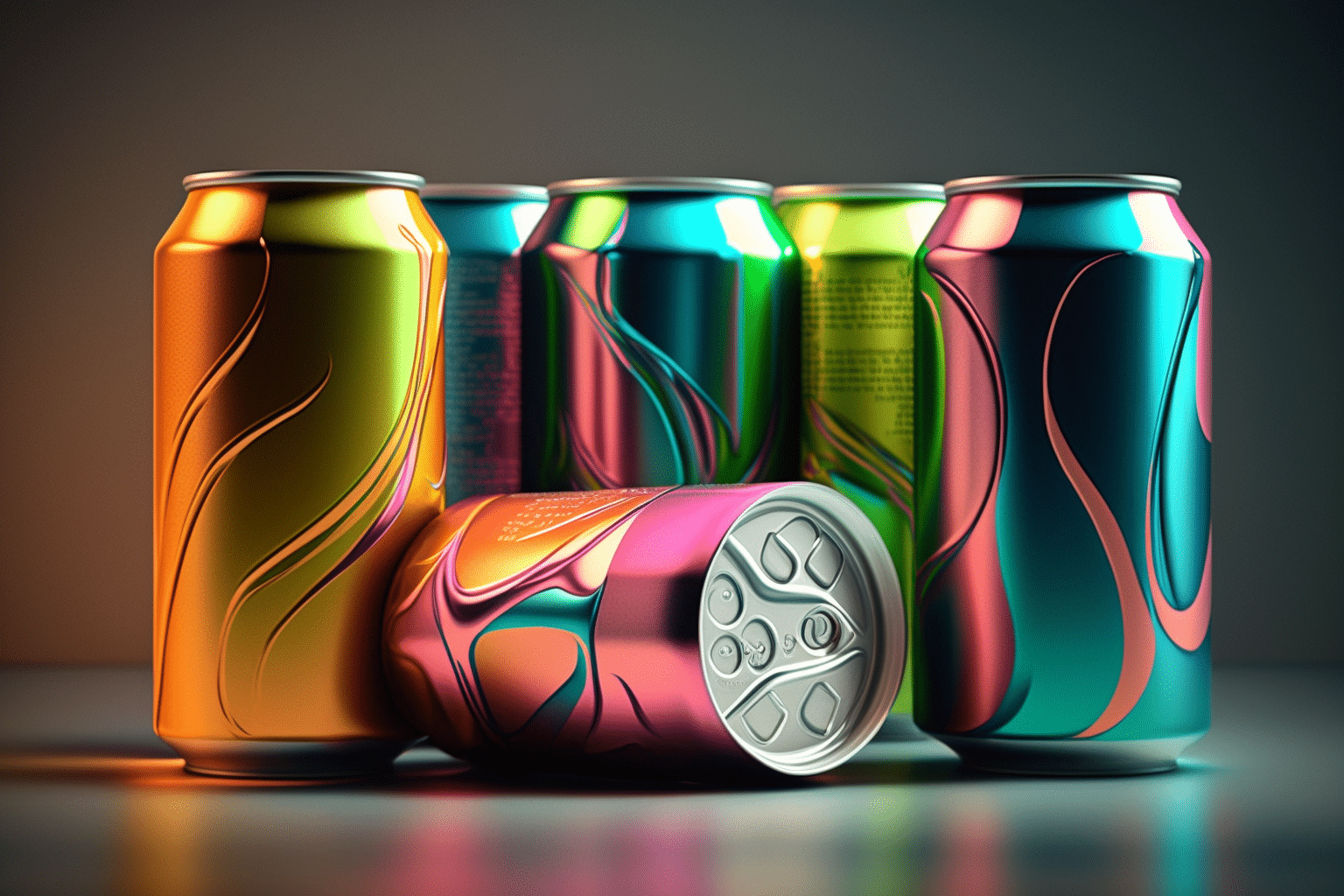These drinks contain special plant fibres designed to nourish the trillions of microorganisms residing in your gut
Many beverage companies are developing “prebiotic” sodas, which they claim can improve gut, brain, and immune health. Their popularity has surged due to TikTok marketing campaigns, which have garnered millions of views and frequently feature paid influencers promoting these sodas.
Unlike probiotics containing live organisms, prebiotic sodas are infused with specific plant fibres supporting gut microorganisms. They are typically low in sugar, as they have sugar substitutes, and include other ingredients like apple cider vinegar, herbs, botanicals, and minerals.
These companies aim to create a healthier alternative to traditional sugary soft drinks. However, nutrition experts remain skeptical. Marion Nestle, an emeritus professor of nutrition, food studies, and public health at NYU, cautions that prebiotic sodas won’t have any “magical” effects on health, and the evidence supporting their benefits is weak.
Inulin, found in sources like chicory root, leeks, garlic, asparagus, and wheat bran, is the primary prebiotic fibre in these sodas. It is fermented in the large intestine, producing short-chain fatty acids that may benefit inflammation, appetite, and blood sugar levels. While the average American adult consumes only 16 grams of fibre daily, a 12-ounce can of prebiotic soda typically provides 2 to 9 grams of fibre.
Joanne Slavin, a professor of food science and nutrition at the University of Minnesota, suggests that these sodas offer a practical way to increase fibre intake. However, other experts argue that a well-balanced, fibre-rich diet is more effective in promoting gut health than prebiotic sodas.
David Artis, a professor of immunology and microbiology at Weill Cornell Medicine, notes that individuals may have varying responses to inulin supplements. Some studies have shown that low doses of inulin can be beneficial, while higher doses may cause inflammation and potential liver damage.
Olipop and Poppi, two popular prebiotic soda brands, have experienced significant growth in recent years, with their products now available at major retailers like Costco, Walmart, Target, and Whole Foods. Despite this, the health claims associated with these drinks, including those related to apple cider vinegar, remain unproven by scientific studies.
The increasing popularity of prebiotic sodas has raised questions about their purported health benefits. While they may offer a convenient way to increase fibre intake, experts caution that they should not be seen as a substitute for a well-balanced, fibre-rich diet. Consumers should be aware of the marketing tactics employed by these companies and carefully evaluate the scientific evidence supporting any health claims before incorporating these beverages into their daily routines. Maintaining a healthy lifestyle through proper nutrition and regular exercise remains the most effective way to support overall well-being.




